What do you do when the career you’ve planned for winds up being the wrong fit for you? First of all, don’t panic! Amanda Doss has proven that it’s possible to pull an early-career 180, and still come out on top. Although she now works as a Human Resources Generalist for KIND, Amanda, in fact, studied public relations, communications, journalism and advertising while attending the University of Oregon. After discovering her passion for HR as a new grad, she dropped everything, moved across the country and began working on a major career transition.
As you might imagine, what followed was a lot of hard work and more than a little hustling. Over the next couple of years, Amanda worked her butt off and quickly moved her way up to a managerial role at Wells Fargo Bank. When it came time to interview with KIND, she nailed it. Her management experience—combined with her passion for the company—proved that she absolutely was the right candidate for the position.
Today, Amanda draws on her real-life experience—as well as her self-directed education in human resources—to help build KIND’s organizational culture. As an HR Generalist, she has a hand in everything people-oriented, from onboarding new hires to managing employee relations. Below, you’ll learn how she was able to excel in her career, all while helping her colleagues do the same.
Her Starting Point
How did your time at the University of Oregon prepare you for the career you have today? Would you say your degree in journalism, public relations, advertising and applied communication was helpful when beginning a career in Human Resources? What about these disciplines first sparked your interest?
The University of Oregon Journalism School helped me set a foundation and learn the importance of professional practice. The classes were challenging yet engaging, and allowed me to acquire a multitude of skills that I carried on with me outside of academia. My degree prepared me for the evolution and changing paradigms that a growing number of professionals face every day in work life.
How did you know Human Resources was the right career path for you? What first steps did you take to establish yourself as a pro in the business?
To establish myself within HR required me to do extensive research initially to understand what HR was and how it impacted the business. It is difficult to get into the HR field without having directly-related education or experience in an HR-specific role. I did a lot of self-educating by reading books, attending trainings and using Internet resources daily. I familiarized myself with HR law, HRIS systems, the company’s polices and I continued to seek information regularly.
Early on, you worked as a teller at Wells Fargo Bank and then as a Service Manager. How did these experiences help to shape the career you have now? What skills and lessons did you pick up at this company that you still use today?
After graduating college, I landed my first full-time job at Wells Fargo Bank. I worked there for four years, progressing from a teller, to lead teller and, ultimately, to Service Manager. I worked from the ground up, which gave me an advantage since I knew every aspect of the jobs for which I was holding my team responsible. It made me a respected, more relatable leader and fostered teamwork within. Thus, working at Wells Fargo was instrumental in my career growth and professional development.
You originally wanted to pursue a career in Business Communication, but then decided to go into HR instead. How did you make that decision? Was it a difficult one? Who, or what, inspired you to dive into HR?
It’s always difficult taking a chance on changing your career path and going toward the unknown. I decided it was time to take a risk that would fuel my ambitions, so I left my job in Oregon, moved across the country and accepted a job in a completely different field. That’s part of the excitement in life; take chances and push yourself into an uncomfortable zone because those can be the most fruitful times when you learn and grow the most.
I have always had a passion for business, and an important aspect of it is understanding the inner workings of the company. I believe that a company’s competitive advantage is their people. HR plays a large part in building a cohesive team and rich company culture. This, along with the ability to influence an organization’s function and strategy, is what galvanized my interest in HR.
Her Big Break
What about KIND first caught your attention as a company you could see yourself working for? How did you prepare for an HR interview when you had never worked in HR before?
I wanted to work for a purpose-driven company where I felt I was contributing in some way to making the world a better place.
After exploring the KIND website and learning about the KIND Movement, which is the company’s social mission to make the world a little kinder, it was apparent that the philosophies behind the brand really resonated with me, both personally and professionally.
The most important part of preparing for an interview is understanding your strengths and being confident in your abilities. Yes, I never had worked in HR before, but that didn’t mean I had nothing to offer. When I met with the KIND team, I highlighted the fact that I had gained a variety of skills through my management position and prior work experience that were directly transferable to the position for which I was applying. I provided solid examples of these skills and showed my passion for the company and position.
How did you learn the ins and outs of HR? What are your daily responsibilities and duties?
In my experience, I would say learning the ins and outs of HR is 50% HR education and 50% real life work experience. You must have a working knowledge of all the legal and ethical aspects of HR, as well as knowing how to apply it to the people and communicate effectively to the organization.
Daily responsibilities in my role are onboarding new team members, processing payroll, performance management, team member relations, legal compliance, organizational development and much more. As a generalist, I get to work in all parts of HR, which makes each day different.
You began your time at KIND as a Human Resources Coordinator and quickly moved up to Human Resources Generalist. How did you manage to move up in the company in such a short amount of time?
I decided to change my career path and started in an entry-level position within HR. Although much of my knowledge and skills from my previous roles were transferable, there is still a large learning curve when transitioning into a new career. I learned about the business and educated myself thoroughly on all that was HR to become an expert in my role as a coordinator so I could advance into my next role. Also, I was fortunate to have joined KIND at a time when the company was growing very quickly, which afforded me a great deal of responsibility and the ability to learn a lot in a short amount of time.
As Human Resources Generalist, how do you ensure that everyone is working to their full potential, and working to help the company grow and progress?
KIND invests in each team member’s growth. An example of this is our practice of hiring from within (which we do more than most companies). To keep team members motivated and empowered, it’s important to continuously train them to foster new skills and prepare them for roles that will advance them within the company. As KIND has grown rapidly, it has become increasingly important to ensure our core values remain intact as we grow the family. In his upcoming book, Do the KIND Thing, our founder, Daniel Lubetzky, describes it best:"[we] do our utmost to create a culture where a sense of ownership puts everyone on a shared path, where merit and good ideas trump seniority.” Our Human Resources department aims to create a high performance culture that not only empowers team members, but also ensures they are engaged in their work and feel ownership in the company.
Her Perspective
How do you relax and unwind in your free time? What are some of your strategies for maintaining a healthy work/life balance in an often high-stress job?
I value a strong work/life balance and have come to understand how necessary a well-balanced life is. I find that proper nutrition, exercising and making a conscious effort to focus on the many positive things in your life—as opposed to the negatives—are key to helping alleviate stress. It’s important to invest in yourself, so I love attending developmental seminars and reading motivational books. Although I am an extremely hard worker, I like to unplug and focus on my life outside of work, which includes socializing, exploring and (being that I’m a bit of a foodie) trying as many of the phenomenal restaurants that I am lucky to be surrounded by here in NYC!
What are some of the main things you look for when hiring new employees? Similarly, how do you decide when to let go of an employee, and how do you avoid conflict in the process?
We look for people who are collaborative, have a strong work ethic and fit our unique KIND culture. This can take time, but it’s worth it in the long run as people who fit the culture end up staying with the company for a long time.
Transparency is extremely important as we live by an “open door policy.” Encouraging open communication helps us avoid conflict by addressing issues as they unfold (rather than after the fact) and continually coaching team members to help them improve and excel. If a position ends up not being right for someone, we first look for another role within the company that might suit them better.
Of course, there are times when KIND is just not the right fit for someone at that point in their lives. When that happens, we do our best to help them transition smoothly to ensure the relationship ends on amiable terms. This general philosophy stems from our founder’s dislike of the term “firing,” and today’s corporate culture of the swift, cold departures that go with it. Similarly, we uphold an honor code where team members do not search for jobs under the radar—instead they are encouraged to share their intent to do so with their manager, which goes back to our commitment to open communication.
Working in HR often comes with a fair amount of stigma. How do you and your team work to show employees that you’re on their team (as opposed to just being the rule makers and enforcers)? What are your strategies for maintaining professionalism, while also working with that all-important ‘human element’ in mind?
In HR you must have a dual focus on being an advocate for the team while also enforcing the policies of the organization. Through transparency and establishing trusting relationships with team members, I believe we have helped change the standard characterization of HR as “Rule Makers.” We maintain professionalism by remaining compliant with the necessary rules and regulations, but we also instil the human element practice of avoiding bureaucracy as much as possible. KIND aims to have open and honest dialogue with all team members, no matter the department or position in which they work.
We also make sure our team members have the support they need to get their job done so that no one is sacrificing their work/life balance. Everyone is reminded that they should give 100% but no more, because when they exceed that, there is a risk of burn out. Our culture is rooted in empathy and kindness, and we do our best to uphold these values by taking personal approaches in all that we do for our team.
And finally, what do you wake up looking forward to? What’s next for your career?
I look forward to helping and learning from the coworkers I have around me every day. I am fortunate to be surrounded by extremely bright, inspiring and genuinely kind people. As I move forward in my career trajectory, I see myself becoming more of an expert in my field and moving toward a more strategic-based role within KIND. The culture here will definitely allow for me to continually understand my own professional strengths and passions, as well as develop other important skills alongside a supportive team.
You May Also Like
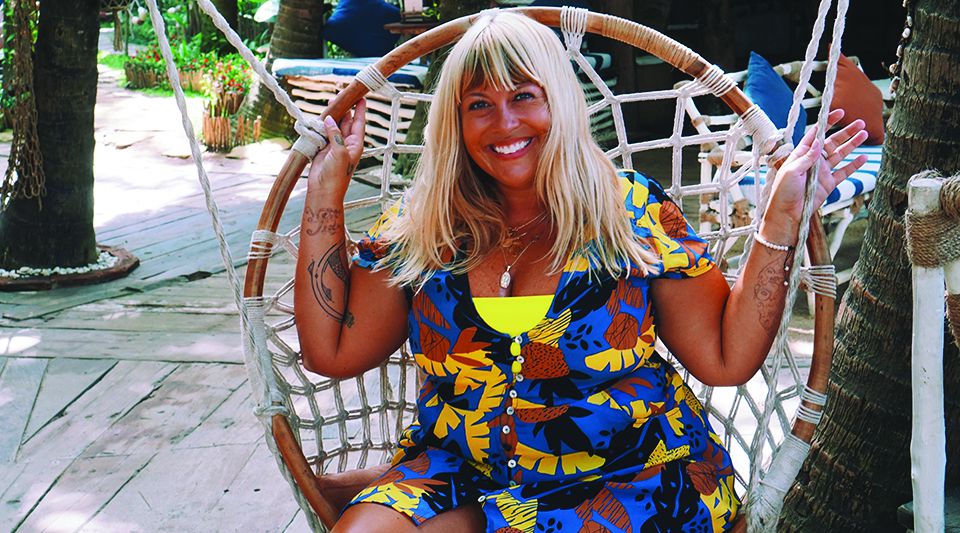
Fashion + Beauty
Unretouched—How Heather Caye Brown Disrupted the Swimwear Industry from Iowa
Heather Caye Brown always knew she wanted to be a designer. When she found out she wanted to spend the remainder of her life in a bikini, her career as a swimwear designer took off. Here's how she founded NIGHT DIVE from her home in Iowa.

Fashion + Beauty
Disrupting the Gift-Giving Model with Co-Founder and CEO of BOXFOX
Chelsea Moore of BOXFOX joins us to talk about the gift-giving industry, about being a young leader, and how to work with friends.
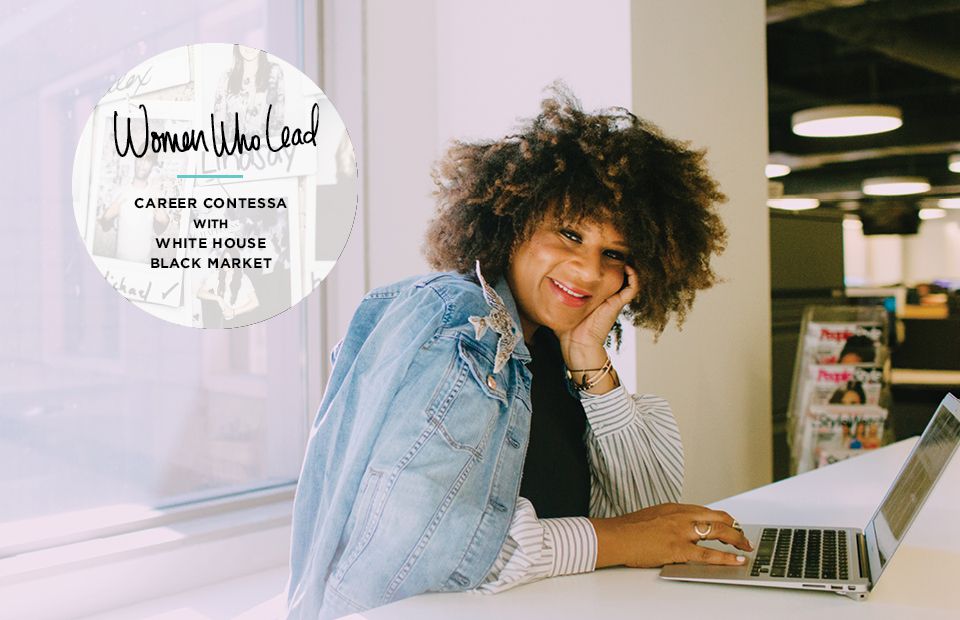
Media, Fashion + Beauty
Women Who Lead: Julee Wilson, Fashion & Beauty Director at ESSENCE Magazine
On what working in fashion media is really like and why balance doesn't exactly exist.
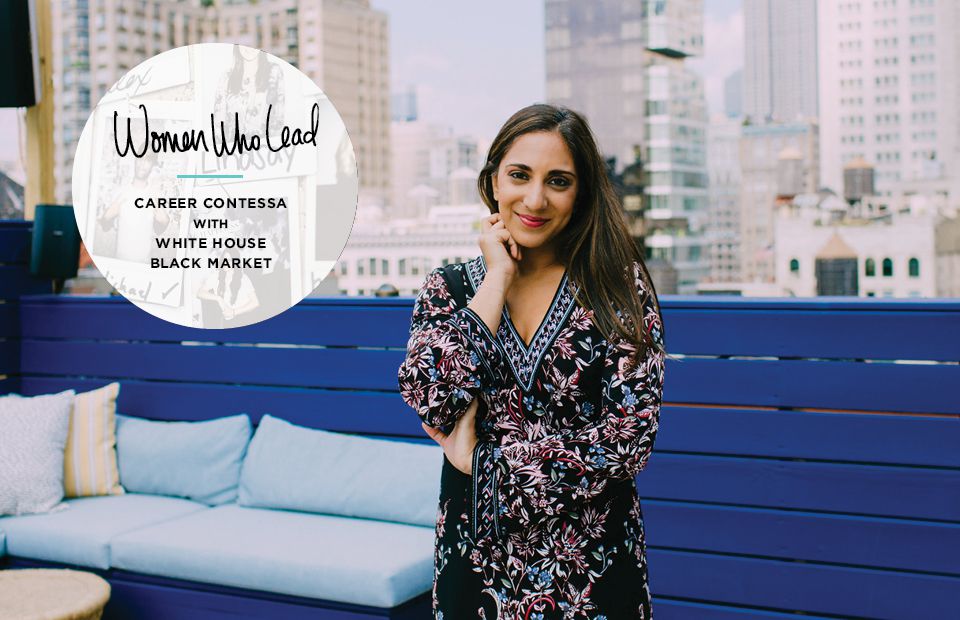
Media, Travel + Hospitality
Women Who Lead: Hitha Palepu of Hitha on the Go
On traveling for work, travel as work, and everything in between.
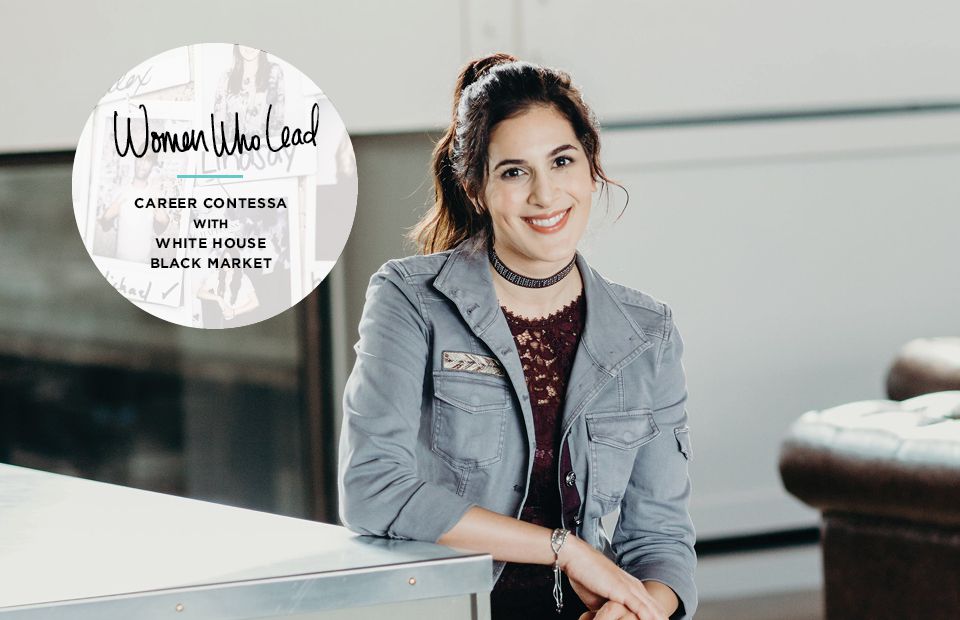
Media, Food + Beverage
Women Who Lead: Cynthia Samanian of Confetti Kitchen
From finance to foodie, Cynthia isn't afraid of risks—she's afraid of not taking them.
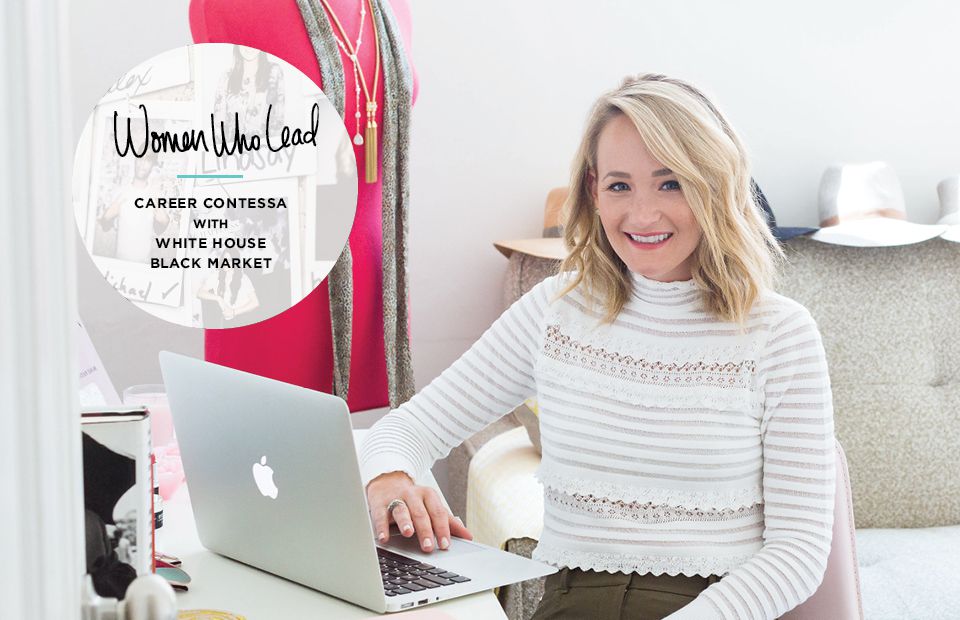
Media, Fashion + Beauty
Women Who Lead: Ashley Fultz of The Style Editrix
Ashley's showing us how motherhood and building a full-time career as a blogger can—and should—coexist.
Get the Best Career Advice Delivered To Your Inbox
Join our newsletter to stay in the loop.
